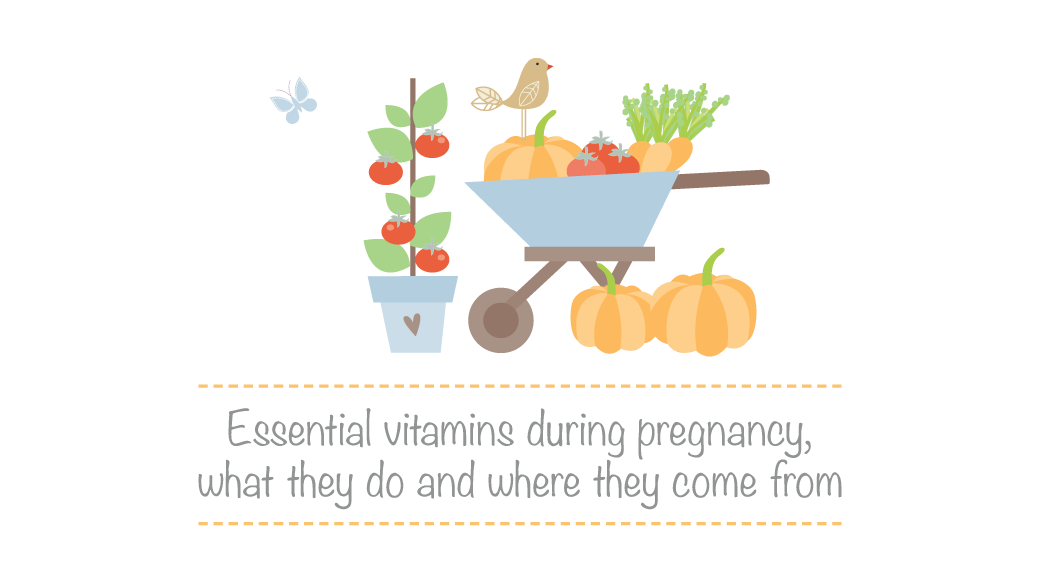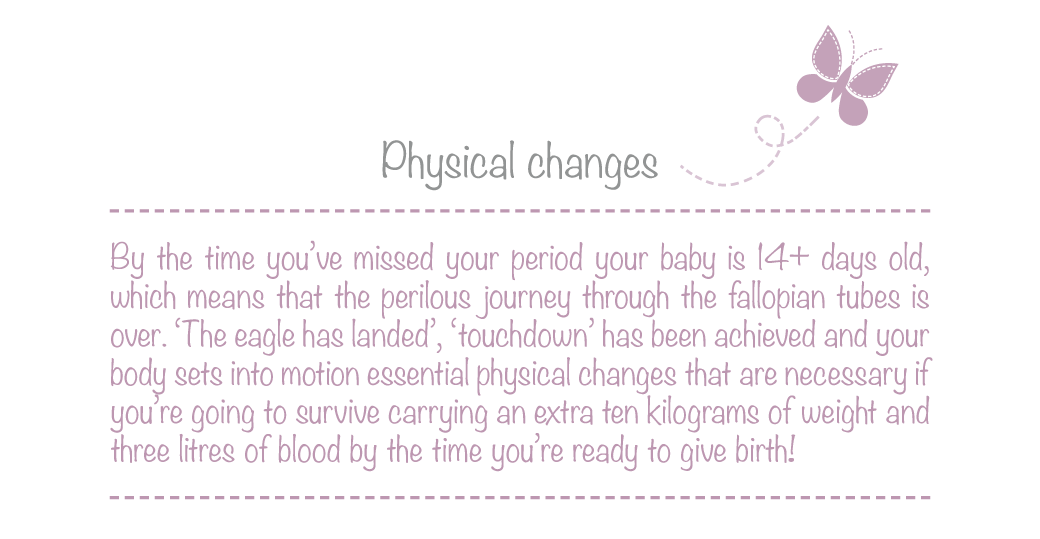As frustrating as load-shedding is, it’s better to be prepared than to spend a few hours spitting mad and getting nowhere because you haven’t got candles or you can’t find the matches! It’s better to be prepared!
• Keep electrical appliances (laptops, cell phones etc.) charged
• Keep a supply of extra batteries for torches (flashlights)
• Convert to gas or solar power where possible
• Buy a camping stove that uses cooking gel
• Keep torches, matches and candles in an easily accessible place so they’re readily available.
• Put candles into bottles so they’re safer
• Keep a flask of boiled water on hand
• Don’t leave anything till tomorrow that you can do today – tomorrow you may not have electricity!
• Before going to the mall (or a restaurant) if there are power outages in your area, phone to check if they are open.
• Don’t drive on empty in case your closest garage doesn’t have power
• Keep a supply of tinned and snack food
• Breastfeeding means ‘milk on tap’, at the right temperature, all times of the day and night but if you're bottle-feeding ensure the bottles are sterilised and ready for use.
• Babies don’t have to be bathed every day – little children can be wiped clean!
• If you have little children, put a flashlight under their pillow where they can find it in an emergency. Make power-outages adventures rather than traumas! Play games – make an indoor tent and eat sandwiches by torchlight! Tell stories. Play board games. Put them to bed early so you can have ‘alone time’!
• Switch off all electric appliances for fire-safety hazards – especially if you go out when the power is still off.
• Have a ‘darkness drill’ if you have little children so everybody knows what to do.













